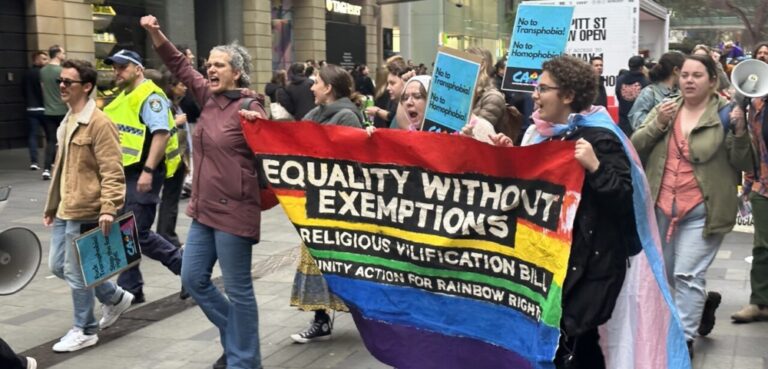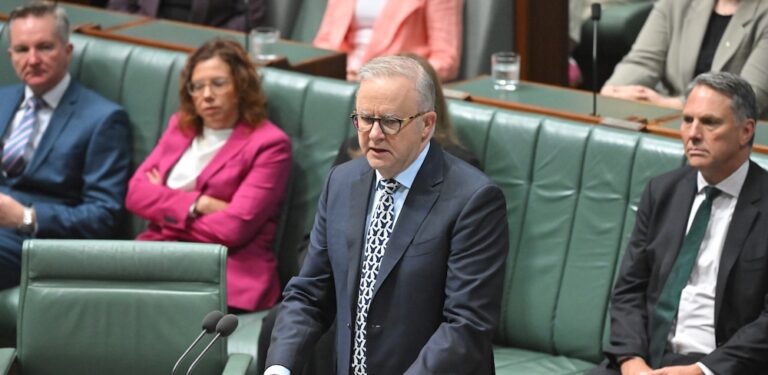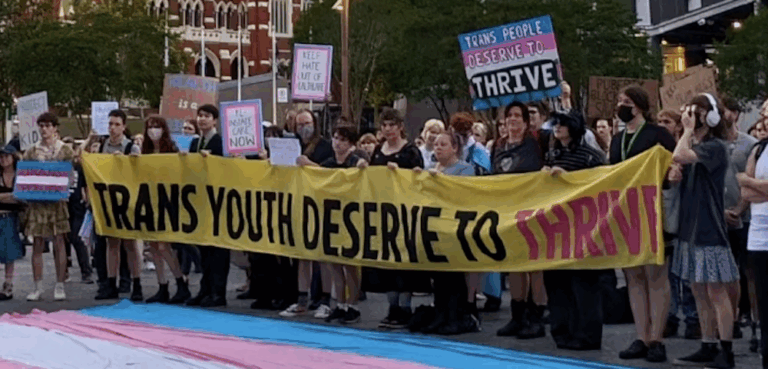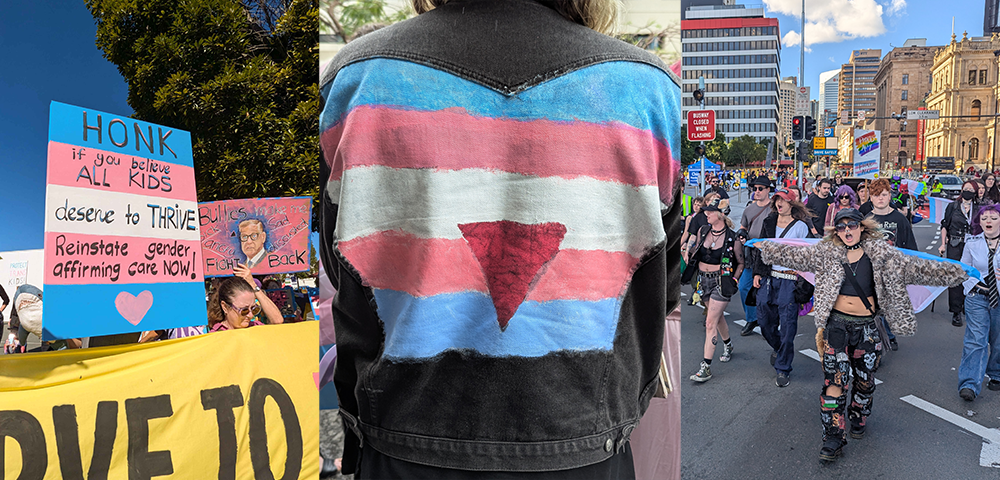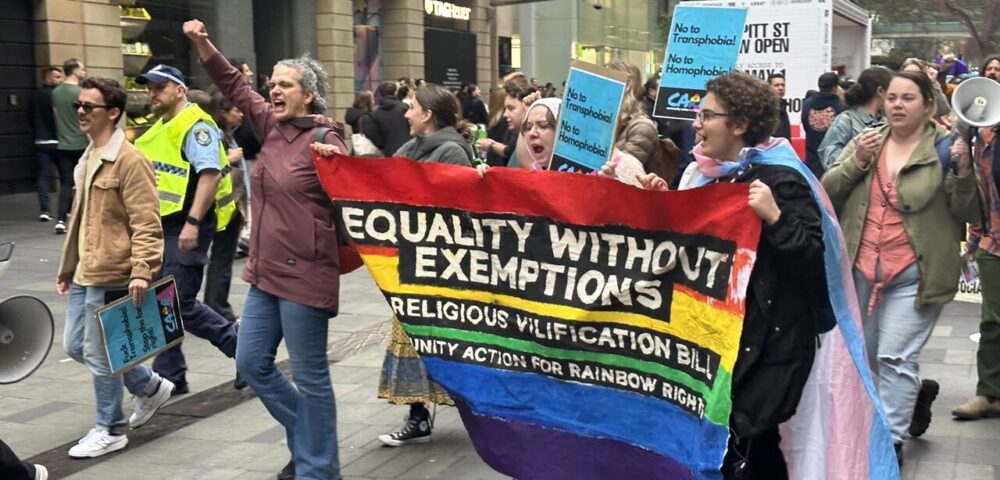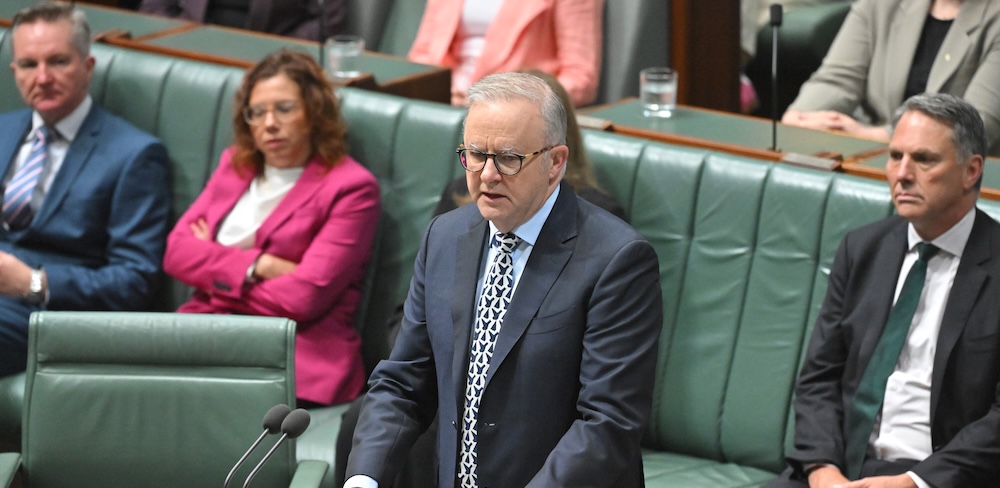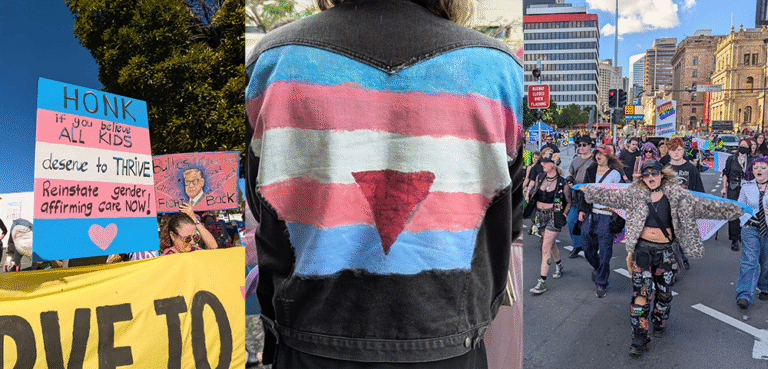

Nation-leading reforms in Tasmania are providing financial compensation for victims of the state’s historical laws against homosexuality and cross-dressing, receiving unanimous support in the Lower House this week.
The reforms will provide redress for those who were historically convicted for the outdated offences, which were still in action until the end of the 20th century. Male same-sex relationships weren’t decriminalised until 1997, and only after significant pressure both nationally and from across the world.
Between 1945 and the mid-1980s, an estimated 100 men were convicted for “unnatural sexual intercourse” and “gross indecency”.
Those who were convicted and/or sentenced can expect to receive $15,000 for a charge, $45,000 for a conviction and $75,000 if they were sentence to detention or psychiatric care.
The laws will also expand hate crime provisions against LGBTQIA+ people, allowing judges to judges to hand down stronger penalties for prejudice and hate-motivated crimes.
State taking responsibility for injustices, says advocate
Rodney Croome from Equality Australia said financial redress will help remedy the trauma and injustice suffered by victims of the old laws.
“Many of those convicted under our old laws lost their job, family, friends, housing and many had to leave the state,” he said.
“Financial redress will help make up for the pain and loss victims’ experienced, and send a message that Tasmania is taking responsibility for these historic injustices.”
In 1994, Croome and his partner at the time, Nick Toonen, submitted the first Australian complaint to the United Nations Human Rights Council, with the commission going on to find that the state of Tasmania had violated his right to privacy and distinguished between people on the basis of sexual activity, sexual orientation and identity.
With these findings providing evidence that gay men were not equal under the law, the way was paved for the landmark federal Human Rights (Sexual Conduct) Act to override Tasmania’s laws criminalising homosexuality.
The subsequent High Court ruling in Croome vs Tasmania found the Commonwealth government had the power under an international treaty to enact legislation decriminalising homosexual acts in Tasmania, setting an international precedent for the decriminalisation of same-sex relationships across the world.
“I hope other states and the Commonwealth will follow Tasmania’s lead by providing redress for historic wrongs against LGBTIQA+ people,” said Croome.
